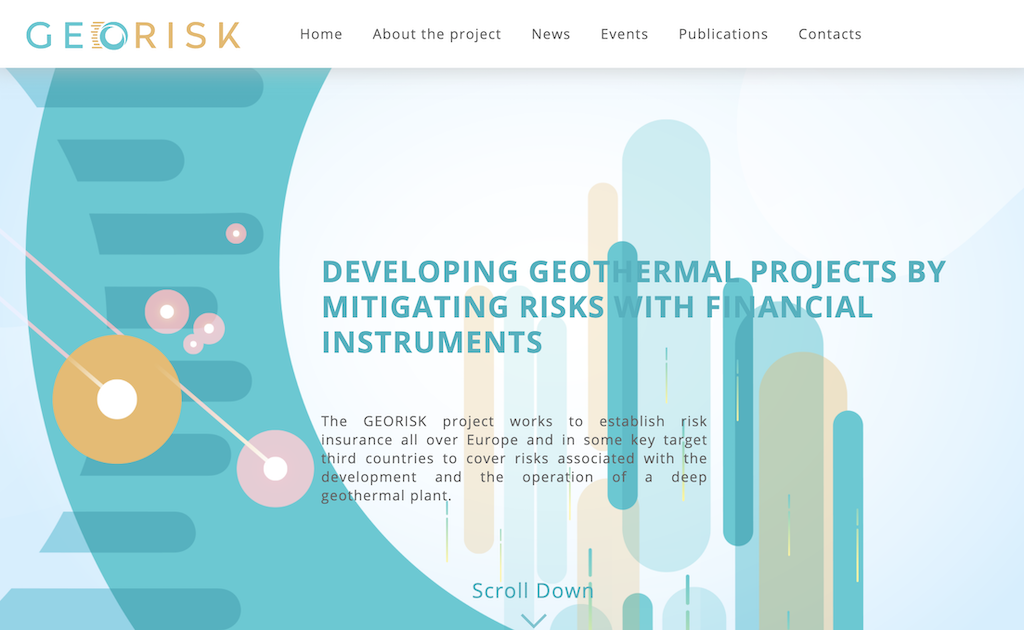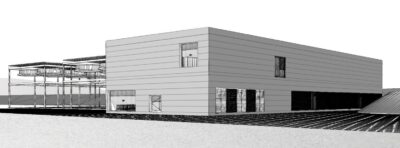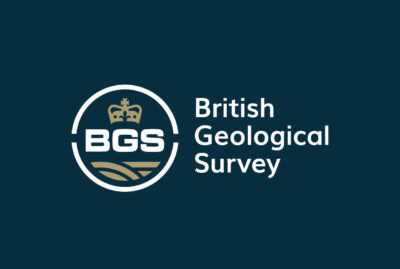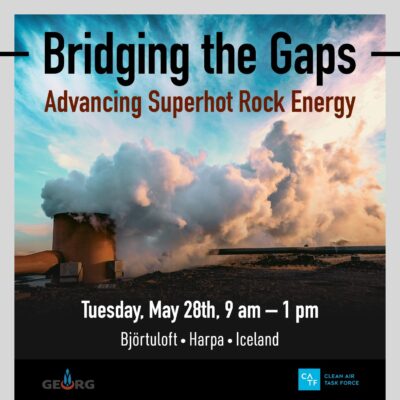Geothermal Risk Mitigation – successful end to GEORISK project
The GEORISK project, looking at ways to mitigate geothermal risk, has been successfully concluded in September 2021 and has shared valuable information and good practices on its website.
In an article in Swiss publication Energeia, Nicole Lupi, geothermal specialist at the Federal Office of Energy in Switzerland writes about efforts in risk mitigation for geothermal energy projects.
Like other energy projects, deep geothermal energy projects face a number of risks. Each project has a specific context and therefore its own set of sensitive points. Some of these risks can and must be borne by the project leader, others are systematically transferred to organizations better able to assume them; but still other risks may be high enough to constitute, in the absence of a risk transfer mechanism, an obstacle to the realization of the project.
These sensitive points can be technical, economic, commercial, organizational, political or societal. Let us cite a few frequently encountered examples: the lack of framework conditions (political risk), poor project management (organizational risk), the non-availability of insurance solutions (commercial risk) or even taxes and fees (economic risks) .
In the category of technical risks, we find risks related to the subsoil and the geothermal reservoir, and in particular geological ones. These are the risks of not finding the expected geothermal resource for the planned surface use. This is the case, for example, of a borehole that targets geothermal water to supply a district heating network, but which does not find any or at a rate that is too low to justify sustainable and profitable exploitation. Unless the subsoil is particularly well explored and characterized for the use of geothermal energy, as is the case in the Lardarello region, the Paris basin or even the north of Anatolia in Turkey, geological risks represent the main barrier to the development of geothermal energy in Europe, but also throughout the world.
Some European countries have already put in place mitigation measures that allow project promoters to transfer part of the geological risks to public bodies. This is the case, for example, in France (insurance funds), in Germany (repayable loans) and also in Switzerland . Indeed, the guarantees for geothermal energy and the contributions to the search for geothermal resources included in the energy law, just like the contributions for geothermal energy under the CO2 law are geological risk mitigation measures. They were deemed necessary to overcome the lack of knowledge of the Swiss subsoil and bring geothermal energy closer to the market. In some countries, hybrid solutions such as public-private partnerships (France) or purely private insurance (Turkey) are emerging. However, in most European countries, the private insurance sector remains in decline, mainly because geothermal energy remains a niche market that is still too risky.
Started in 2018, the European GEORISK project aimed to develop financial mechanisms that mitigate the impact of geological risks by distributing them so that project leaders can accept their fair share. The deployment of such measures focused on Europe (Hungary, Greece, Poland, etc.) and certain key third countries (Kenya, Mexico, etc.). Under the direction of EGEC (European Geothermal Energy Council) , the SFOE participated for Switzerland in the development of good practices for the establishment of such mitigation measures alongside French, German, Polish and Hungarian partners, Greek and Turkish.
The GEORISK project ended at the end of September; its results are very positive. The work carried out to disseminate best practices of geological risk mitigation programs has been crucial in enabling their recognition as an effective measure to promote geothermal projects. This work certainly contributed to the announcement in July 2021 of the implementation of such a public program in Hungary.. Other countries, such as Belgium (Wallonia), Denmark, Poland, Greece and France are keen to use the knowledge gathered under the GEORISK project to update or expand existing systems or to improve them. create new ones. In addition, the work of the GEORISK project offers concrete solutions so that deep geothermal energy can help achieve the new objectives set by the European Commission in a recent series of proposals for amendments to the Renewable Energy Directive, i.e. 40%. renewable energies and 55% reduction in greenhouse gases by 2030.
The GEORISK project site is full of valuable information on good practices for establishing a new risk mitigation program, an online risk register with proposals for mitigation measures or simply on the status of mitigation programs. risks currently in operation and having existed.
Source: Energeia Plus


















